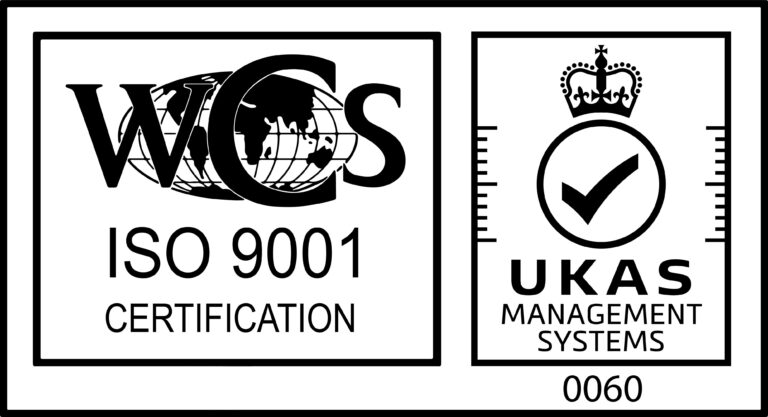An Ofsted inspection can seem like a daunting proposition – especially when it comes to getting teachers prepared.
Understandably, schools will want to be as “Ofsted-ready” as they possible can. Below, our teachers gave a few suggestions as to what you can do to make sure you’re ready to impress…
The threat of an imminent Ofsted visit can often create a climate of fear and control. Schools are constantly told that Ofsted wants to see conformity, and staff are under constant pressure to meet expectations for exam results and data. It can also impact on pupils’ anxiety levels at times, too. The best way to combat a surprise inspection, we’re told by teachers, is to always be prepared…
An Inspector Calls
The phone call with the lead Ofsted inspector the day before is important to get right – it is after all, their first impression of the school. The call will usually be taken by the head or a senior member of staff.
This is an excellent time to demonstrate knowledge about Ofsted guidelines and what the inspection will entail. Sounding confident and being transparent about the bad as well as good aspects of the school will stand you in good stead.
Head and shoulders above
The Ofsted framework still places a lot of focus on the Head of the school. A successful inspection partly comes down to how the Head talks through the school’s strengths and weaknesses, and what is being done to improve other aspects.
Everything the Head says will be taken as read, so it’s vital they are completely honest. If there’s a weak teacher on the faculty, they should let the inspectors know at this stage, as well as what the school is doing to support them.
Plan, Plan and Plan Some More
Of course you’re going to plan for an inspection. However, the right planning will ensure teachers effectively demonstrate the pupils’ knowledge and understanding of a lesson.
Inspectors do not require paperwork to demonstrate lesson planning. Teachers must ensure that their lessons have a clear sequence with an end-goal in mind. Time management is important to get this right, and teachers must allow for some flexibility to respond to the needs of the class.
Extra attention should be placed on having an effective plenary at the end of the lesson, so that the inspector can see just how successful the lesson has been for the pupils.
Creating a Community
Ofsted is looking for schools that are actively preparing children for the complex society beyond the school walls. This is referred to as ‘community cohesion’.
Schools need to ensure that the learning environment demonstrates how pupils are being exposed to different cultures through having mixed classes and working with pupils with different needs in Britain.
Don’t Panic!
This is perhaps the most important advice for teachers and schools. It’s easier said than done of course, when you consider the added anxiety for all on inspection day, but showing an air of composure will always work in your favour. Any last minute panic will be obvious to an inspector, so try your best to minimise the risk.
Acknowledgement of weaknesses and having a plan to improve will earn greater respect from inspectors than trying to change things dramatically overnight.
Ofsted inspections are uncomfortable and unavoidable, but if you’re prepared to impress, you have every chance of impressing any inspector that walks through your door – and don’t forget to treat yourself after the school Ofsted reports come back to confirm what an outstanding teacher you are!





